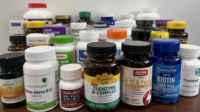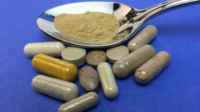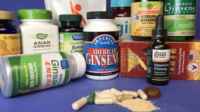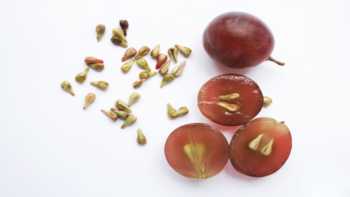
Answer:
What Is Raynaud’s phenomenon?
Raynaud's phenomenon, also known as Raynaud's syndrome or Raynaud's disease, causes the small arteries that supply blood to the skin to constrict, decreasing blood flow and causing numbness, and skin to turn white or blue. Episodes can be triggered by cold temperatures or stress, and most commonly affect the hands and feet, but in some cases, can affect other parts of the body, such as the ears or nose. Primary Raynaud’s phenomenon has no known cause, while secondary Raynaud’s phenomenon can occur with certain conditions that may affect circulation, such as lupus, rheumatoid arthritis, or Sjögren’s syndrome (Musa, StatPearls 2023; American College of Rheumatology 2023).
As discussed below, several small, preliminary studies suggest that certain supplements may help reduced the symptoms of primary Raynaud’s phenomenon, however, these supplements were generally not found to be helpful for Raynaud’s associated with other conditions, and more quality research is needed.
Supplements that may help
Fish oil supplementation may modestly increase the time to onset of symptoms when exposed to cold among people with primary Raynaud’s, according to one study, but it does not appear to be helpful in people with Raynaud’s due to other conditions (DiGiamcomo, Am J Med 1989). In addition, dietary fish oil consumption was not associated with decreased frequency or duration of episodes in another observational study (Foley, FASB J 2016).
Ginkgo biloba supplementation was found in a small, placebo-controlled study to reduce the frequency, but not the severity or duration of episodes in people with primary Raynaud’s phenomenon (Muir, Vasc Med 2002).
Taking red Korean ginseng has been shown to increase skin temperature in the hands and feet, reduce discomfort, and improve response to cold exposure compared to placebo in a trial among people with cold hypersensitivity in the hands and feet (CHHF), which can include Raynaud’s phenomenon (Park, J Ethnopharmacol 2014).
One small trial found that inositol hexanicotinate, a form of the B vitamin niacin, decreased the frequency and duration of episodes during cold weather among people with primary Raynaud’s compared to placebo (Sunderland, Clin Rheumatol 1988).
Taking Pycnogenol, a branded pine bark extract supplement, in addition to standard management (avoiding cold, wearing gloves, etc.), was shown to reduce pain and discoloration, and increase finger temperature compared to standard management alone in a preliminary study; however, the study was not blinded, limiting the value of these findings (Hu, Minerva Cardioangiol 2019).
Supplements that may not help
Cayenne pepper, and/or capsaicin, a compound in cayenne pepper, is sometimes suggested to reduce symptoms of Raynaud’s. Although preliminary research suggests that capsaicin, taken orally or applied topically, promotes blood vessel dilation (McCarty, Open Heart 2015) and may create a “warming sensation” when applied topically (Szolcsanyi, Temperature (Austin) 2015), there do not appear to be any studies investigating the effects of cayenne pepper or capsaicin in people with Raynaud’s phenomenon.
Beetroot juice was found to provide little benefit to people with Raynaud's in a small study of older adults. In comparison to the reaction to cold before being given beetroot juice, the reaction to cold after taking beetroot juice daily for two weeks (2.4 oz for 13 days and 4.7 oz. on the fourteenth day) showed modestly increased blood flow to the thumb but not to all fingers (averaged) and improved vasodilation in the forearm. However, it did not reduce pain or increase skin temperature and it had no effect on the feet (Shepherd, J Appl Physiol 2019).
Join today to unlock all member benefits including full access to all CL Answers and over 1,400 reviews.
Join NowAlready a member? Sign In Here.
Join now at www.consumerlab.com/join/













Submit your comment
This feature is restricted to active members.
Join now to add comments and get all member benefits, including over 1,400 reviews.
Join NowAlready a member? Sign in here.